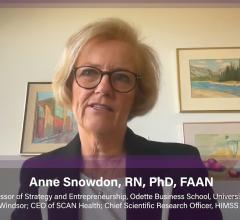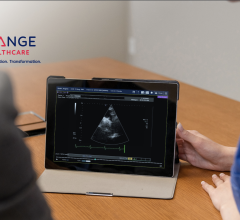July 3, 2012 — The Supreme Court ruling upholding the Affordable Care Act gives extra punch to the market forces pushing healthcare away from fee-for-service and re-injects a new sense of urgency into the transformation of the health industry, according to a report published today by the Health Research Institute (HRI) of PwC US.
In the report, Implications of the US Supreme Court ruling on healthcare, HRI explores answers to the question: “What’s next?” for states, employers, insurance companies, physicians, hospitals and other providers and pharmaceutical and life sciences companies. According to HRI:
• The Court’s decision clears the path for a new era of healthcare megapayers -- the federal government, large employers and state insurance exchanges empowered to direct business based on health outcomes.
• Implementation deadlines that once seemed far off now are rapidly approaching. There is renewed pressure on health organizations not only to comply with rules and compliance deadlines but also to find more innovative ways of delivering high-quality, affordable care that proves their worth.
• Creation of new state and private insurance exchanges, greater pricing transparency, mobile technology, and nontraditional competitors are turning the health business into a retail operation.
• Incentives for collaboration are quickening the convergence of hospitals, insurers, drugmakers, physicians, and technology companies.
• Economic uncertainty and federal budget reductions add muscle to efforts to improve efficiency, eliminate waste, and constrain overall cost growth.
Leading health sector participants have been devising new ways to conduct business and move ahead of the competition in the face of impending deadlines under the Affordable Care Act. Among the provisions that are scheduled to take effect soon are new reporting and disclosure obligations for employers, benefit design changes for certain health plans, penalties for hospitals that have unnecessarily high readmissions, and a requirement that insurers devote 80 to 85 percent of their premiums to medical care or refund the difference. In addition, participants will need to accelerate efforts to be competitive for federal funding that will be available for innovation, health insurance exchanges, new quality measures and other provisions of the law.
To date, more than $1 billion in grants has been allocated to support state exchange readiness, and Medicaid spending is expected to total $4.2 trillion from 2012 to 2021. With 23 million individuals anticipated to buy insurance from the exchanges and 17 million people enrolling in Medicaid by 2021, the two provisions are heightening activity in states.
HRI analysis shows that so far, 29 percent of states (14 states plus D.C.) have made significant progress toward reform, while 37 percent (19 states) have made moderate progress. The remaining 33 percent (17 states) have done less to implement the law. To meet expectations and deadlines, some states may need to collaborate with other states that are farther along to leverage infrastructure and information.
For more information: www.pwc.com/us/healthindustries


 December 23, 2025
December 23, 2025 









